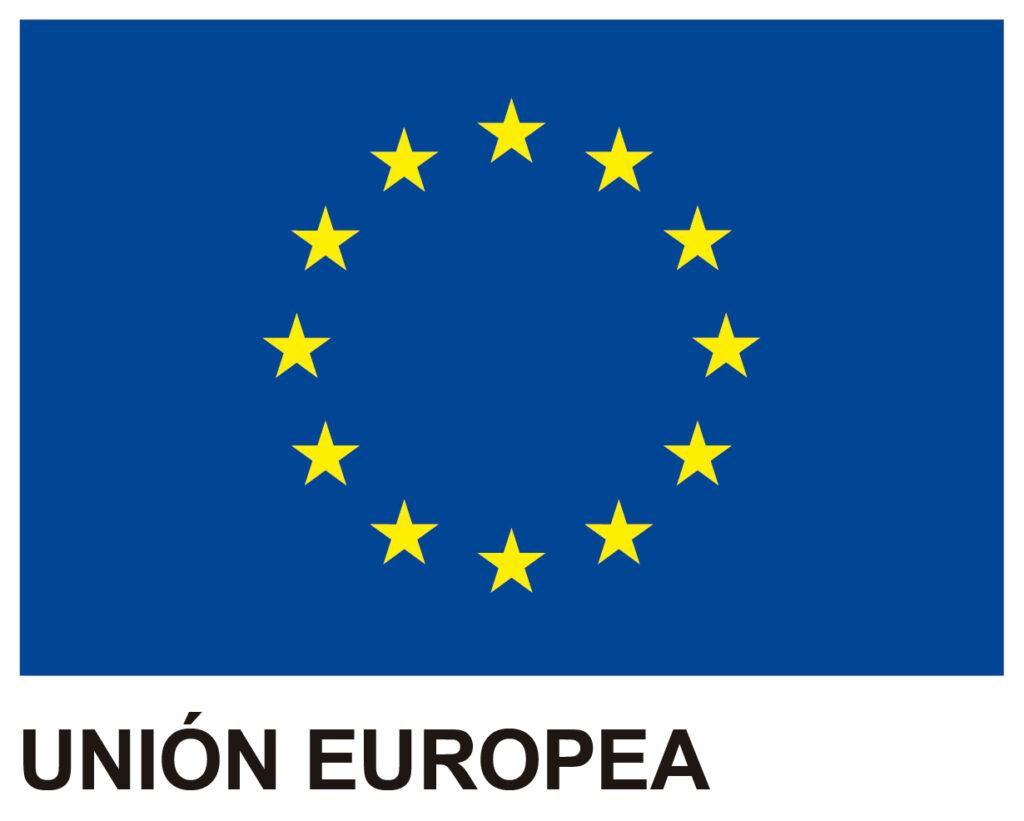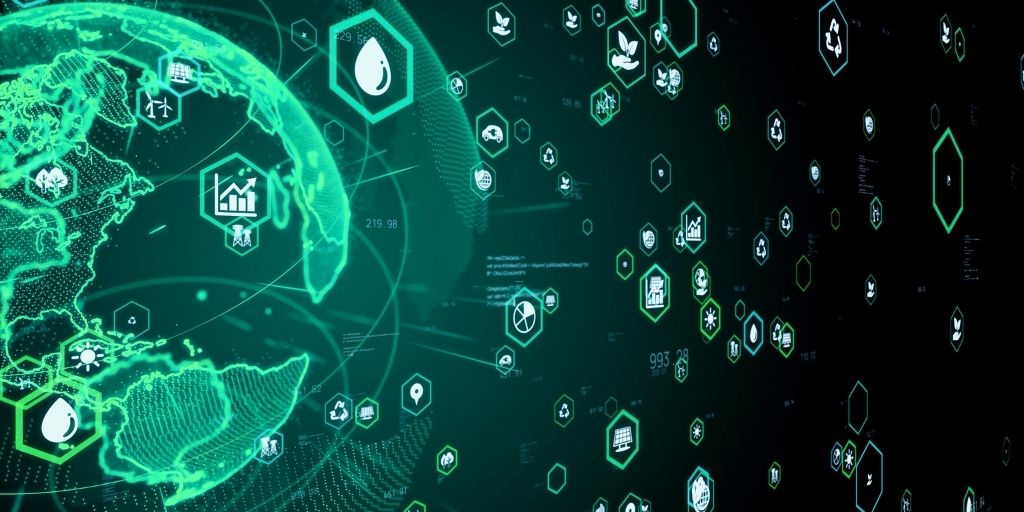What is the Sustainability Due Diligence Directive?
The Sustainability Due Diligence Directive (SDDD), approved by the European Parliament on April 24, 2024, establishes a new regulatory framework that requires companies to identify and mitigate negative impacts on human rights and the environment throughout their value chain. This article provides a comprehensive guide to the SDDD, its obligations, and how GlobalSuite Solutions can help you comply with these new regulations.
The SDDD is a European regulation that imposes responsibility on companies to implement due diligence measures to prevent, mitigate, and eliminate adverse impacts on human rights and the environment. It affects large companies within the EU and those from third countries with operations in the EU.
Objectives of the SDDD
- Protection of Human Rights nsure that companies respect human rights across all their operations.
- Environmental Sustainability: Mitigate and prevent environmental damage throughout the supply chain.
- Transparency and Accountability: Promote transparency and accountability in business operations.
- Supply Chain Control: Due diligence must cover all activities throughout the company’s value chain, including its business partners. This includes both upstream activities (related to the production of goods, provision of services, raw material extraction, design, transportation, storage—activities that occur before the company’s main activity) and downstream activities (related to the distribution, transportation, and storage of the final product). It is essential for companies to evaluate and manage risks related to the environment and human rights that affect their suppliers and business partners.
Company Obligations Under the SDDD
Integration into Policies and Procedures: Companies must integrate due diligence into their internal policies and procedures, ensuring that all activities comply with sustainability standards.
Risk Identification and Management: Implement procedures to identify both real and potential risks and adverse effects on human rights and the environment.
Prevention and Mitigation:Climate Change Mitigation Transition Plan: Establish a plan to ensure that the company’s business model and strategy align with the transition to a sustainable economy and the goal of limiting global warming to 1.5°C, in line with the Paris Agreement and the objective of achieving climate neutrality by 2050.
lert and Whistleblower Systems: Establish and maintain internal alert and whistleblower systems that allow stakeholders to report legitimate concerns regarding risks related to the company’s operations, its subsidiaries, or the operations of its business partners in the company’s value chain. It is worth noting that the obligation to have an internal whistleblowing system has been mandatory in Spain since 2023 for all companies with more than 50 employees.
Contractual Clauses: Incorporate contractual clauses that strengthen environmental and social responsibility in business relationships.
Control and Verification: Implement control and verification mechanisms to ensure continuous compliance with due diligence obligations throughout the value chain.
Annual Reporting: Report on the aspects regulated by the Directive by publishing an annual statement on the company’s website.
Who is Obliged?
The directive applies to companies with more than 1,000 employees and a turnover of over 450 million euros. Additionally, it will gradually apply to the following companies starting in 2027:
- 2027: Companies with 5,000 employees and over 1.5 billion euros in turnover.
- 2028: Companies with 3,000 employees and over 900 million euros.
- 2029: Companies with 1,000 employees and over 450 million euros
Additionally, companies established outside the European Union that conduct business in European countries and meet these revenue thresholds will also be subject to the directive.
SMEs are not directly obligated under the directive, but they may be impacted as part of the value chain of companies that fall within its scope.
Financial institutions will only be required to comply with due diligence obligations in the early stages of their value chains.
Sanctions and Control Mechanisms
EU member states will establish regulatory authorities to monitor compliance with the SDDD and impose penalties for non-compliance, which may reach up to 5% of the company’s global net turnover.
Criminal Liability and Offenses under Directive (EU) 2024/1226
Directive (EU) 2024/1226, published on April 24, 2024, introduces criminal liability for legal and natural persons who violate EU restrictive measures. Offenses include providing funds to sanctioned entities, failing to freeze funds, conducting operations with entities from third countries, and more. Penalties can be severe, including significant fines and prison sentences.
Specific Offenses:
- Providing funds to sanctioned entities.
- Failing to freeze funds.
- Conducting operations with entities from third countries.
- Providing financial services that violate restrictive measures.
- Evading restrictive measures by failing to report.
Sanctions:
- Fines for legal persons: Up to 5% of global turnover.
- Prison sentences for natural persons: Up to five years.
How GlobalSuite Solutions can help
At GlobalSuite Solutions, we offer tools and advisory services to help your company comply with the SDDD. Our comprehensive approach includes:
- Risk Assessment: Identifying and evaluating risks in your supply chain related to human rights and the environment.
- Control Management and Policy Implementation: Helping to integrate due diligence into your corporate policies and manage all controls established by the Directive.
- Training and Education: Providing training to ensure your team is up to date on new obligations.
- Alert Systems: Developing internal alert and whistleblowing systems.
- Monitoring and Reporting: Implementing control and verification mechanisms to ensure continuous compliance.
Conclusion
The Sustainability Due Diligence Directive and Directive (EU) 2024/1226 represent a significant shift in European regulation, driving companies towards greater responsibility and sustainability. GlobalSuite Solutions is here to help you navigate these changes and ensure effective compliance with all new obligations.
For more information on how we can help, contacta contact us today.




